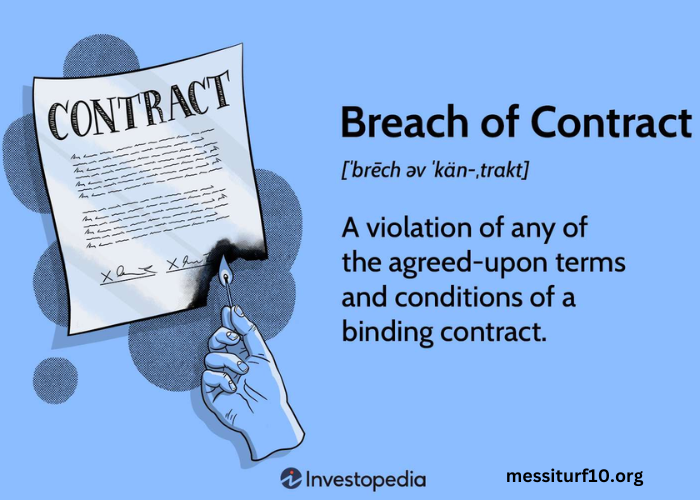In the fast-paced world of business, licensing agreements are crucial for leveraging intellectual property and other assets. However, the complexity of these agreements often leaves room for misunderstandings and potential breaches of contract. This blog post will guide you through the essential steps to avoid breaches in your licensing agreements, ensuring a smooth and mutually beneficial partnership.
Understanding Licensing Agreements
A licensing agreement is a legally binding contract between two parties—the licensor and the licensee. The licensor grants the licensee the right to use certain intellectual property, such as patents, trademarks, or technologies, under specific conditions. These agreements can be highly beneficial, providing revenue streams for licensors and innovative solutions for licensees.
Common Causes of Breach
Understanding the common causes of breach is the first step to prevention. Here are some typical reasons breaches occur:
- Failure to Pay Royalties: The licensee might fail to make timely royalty payments.
- Exceeding Scope of License: Using the licensed property beyond the agreed terms.
- Quality Control Issues: Not adhering to the quality standards set in the agreement.
- Miscommunication: Lack of clear communication regarding obligations and expectations.
Key Elements to Include in Your Agreement
Ensuring your licensing agreement includes specific, clear, and comprehensive elements can significantly reduce the risk of breach. Here are some key components:
1. Clear Definitions and Scope
Define the scope of the license clearly. Specify what is being licensed, the permitted uses, and any geographical or temporal limitations. The more precise you are, the less room there is for misinterpretation.
2. Payment Terms
Detail the payment structure, including the amount, due dates, and acceptable payment methods. Include consequences for late payments to emphasize the importance of timely compliance.
3. Quality Standards
Include explicit quality control standards and regular compliance checks. This ensures that the licensee maintains the quality of the licensed products or services, protecting the licensor’s brand and reputation.
4. Dispute Resolution
Specify how disputes will be resolved before they escalate to litigation. Mediation or arbitration clauses can provide structured pathways for resolving disagreements amicably.
5. Termination Clauses
Clearly outline the conditions under which the agreement can be terminated. This might include failure to meet quality standards, non-payment, or other breaches. Define the notice period and any penalties for early termination.
Steps to Avoid Breach
Conduct Thorough Due Diligence
Before entering into a licensing agreement, conduct thorough due diligence. Verify the credibility, financial stability, and track record of the potential licensee or licensor. This helps ensure you are partnering with a reliable entity.
Maintain Open Communication
Establish and maintain open lines of communication. Regularly update each other on progress, challenges, and any changes that might affect the agreement. Transparency can prevent misunderstandings and help address issues before they escalate.
Regular Audits and Compliance Checks
Schedule regular audits and compliance checks to ensure both parties adhere to the agreement’s terms. These checks can identify potential issues early, allowing you to address them before they become significant problems.
Seek Legal Counsel
Engage a litigation attorney in Utah to review your licensing agreements. Legal experts can provide invaluable insights and help draft contracts that minimize the risk of breaches. They can also offer advice on handling potential disputes, ensuring you are well-prepared for any eventualities.
Document Everything
Keep detailed records of all communications, payments, and compliance checks related to the licensing agreement. Documentation can serve as evidence in case of disputes and helps ensure both parties are held accountable.
Conclusion
Licensing agreements can be highly beneficial when managed correctly, but they also come with risks. By understanding common causes of breach, including key elements in your contracts, and following best practices, you can minimize these risks. Regular communication, thorough due diligence, and legal counsel are crucial steps in avoiding breaches and maintaining a healthy business relationship.





